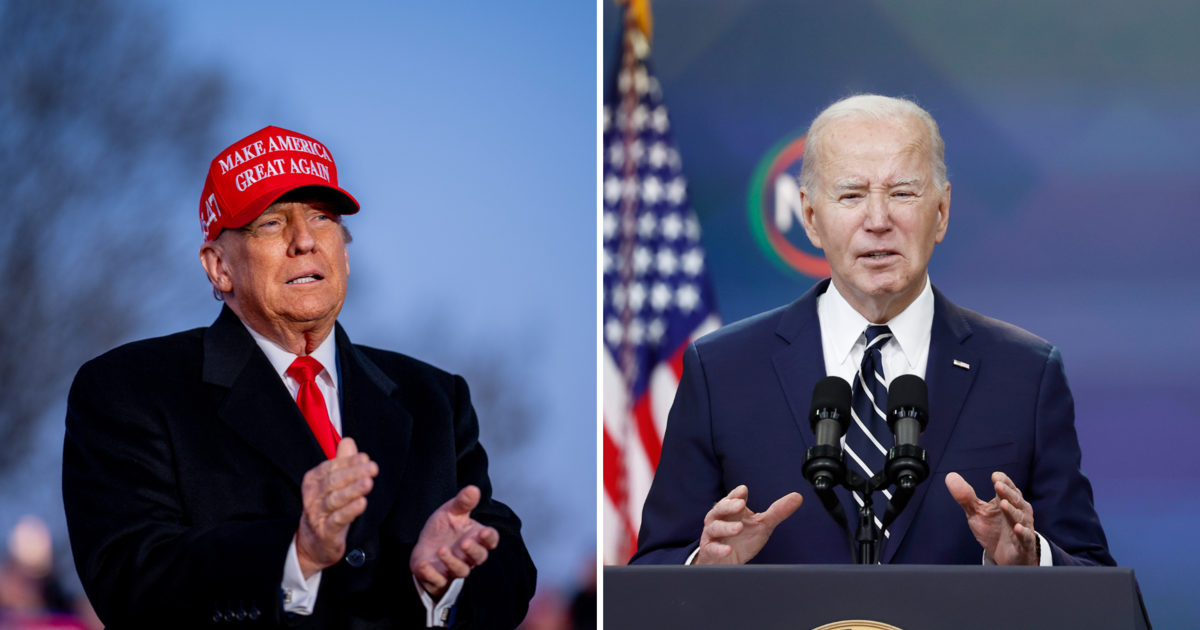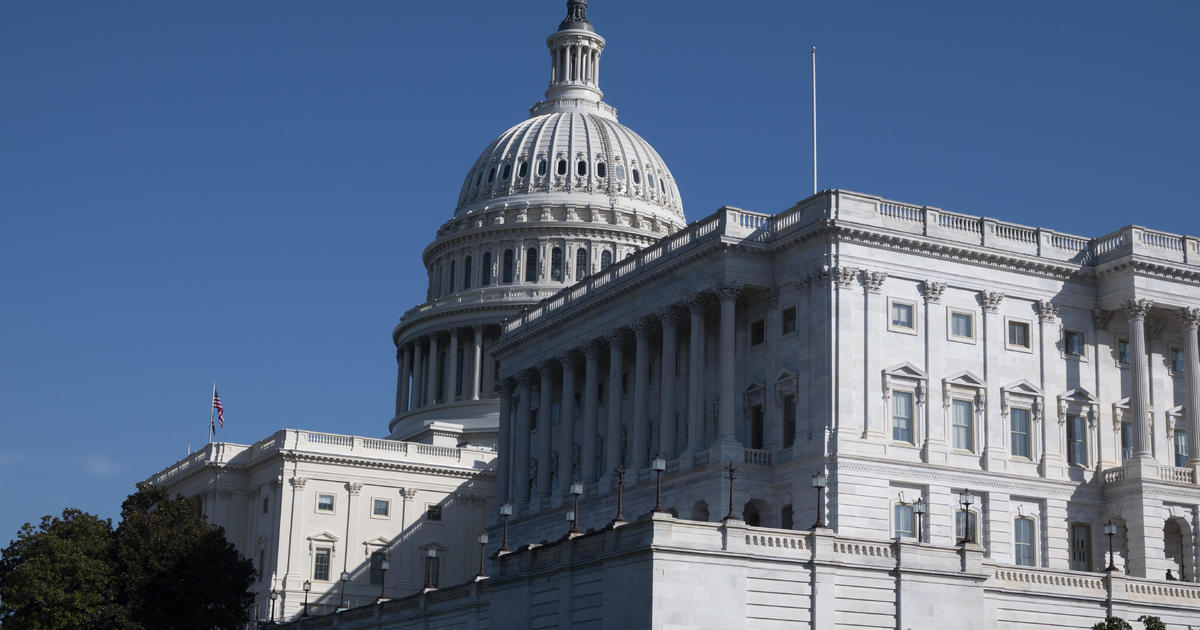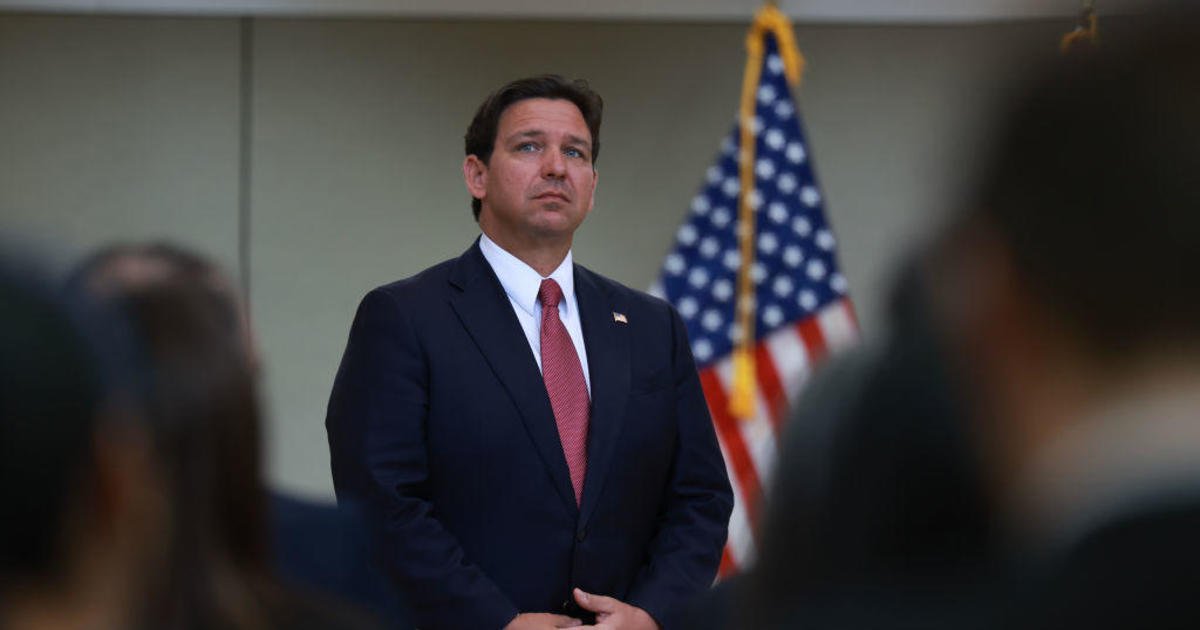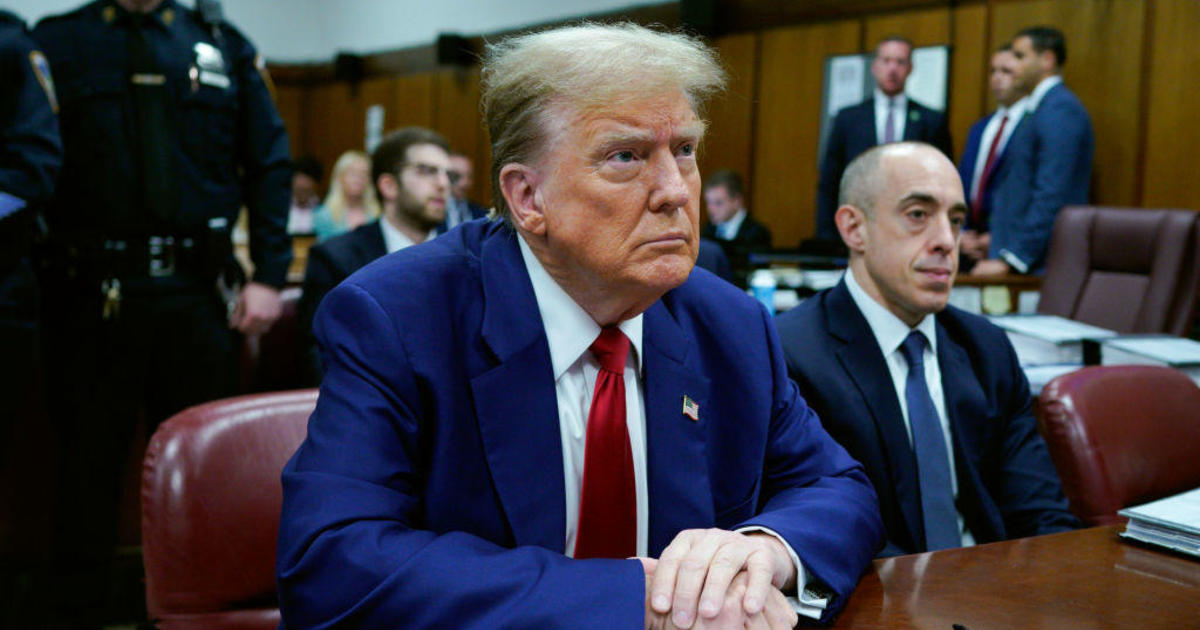Most Americans think Russia tried to interfere in presidential election
By Sarah Dutton, Jennifer De Pinto, Fred Backus, Kabir Khanna and Anthony Salvanto
Russian Interference in the 2016 Election
Most Americans - 57 percent - now think that Russia tried to interfere in 2016 presidential election, though not all think it was in order to help then-candidate Donald Trump. Of those Americans who think Russia did interfere, 44 percent think it was to help Donald Trump’s candidacy, while 13 percent agree that Russia interfered, but not to favor Mr. Trump. Another 34 percent of Americans don’t believe there was any Russian interference in the 2016 presidential election.
Democrats (71 percent) are far more likely than Republicans (18 percent) to think that Russia interfered in order to favor the Republican candidate. Just over half of Republicans – 53 percent - don’t accept the conclusions of U.S. intelligence agencies that Russia tried to interfere in the 2016 election at all.
Sixty-five percent of Americans are at least somewhat concerned about the reports by U.S. intelligence agencies that Russia tried to influence the election, including four in 10 who are very concerned. Two-thirds of Democrats are very concerned. In contrast, 55 percent of Republicans are either not very concerned (25 percent) or not at all concerned (30 percent).
Still, even most Republicans agree that Congress should investigate further. Two-thirds of Americans - including majorities of Republicans, Democrats, and independents – think Congress should investigate whether Russia tried to interfere in the 2016 election.
Donald Trump and Relations with Russia
Amidst these reports from U.S. intelligence agencies, the percentage of Americans who now think President-elect Trump will be too friendly towards Russia has risen seven points since last month – from 36 percent in December to 43 percent today. Just 6 percent think he will be too hostile, while nearly half – 45 percent - think his approach will be about right. Views are largely partisan: 78 percent of Republicans think his approach will be about right, while 66 percent of Democrats think he will be too friendly toward Russia.
Half of Americans think that Russia is either unfriendly towards (27 percent) or an enemy of (23 percent) the United States, while fewer - 41 percent - think of Russia as either an ally (8 percent) or a friend (33 percent). While these percentages are roughly similar to what they were a couple of years ago, the partisan make-up of these opinions has shifted dramatically. Back in February 2015, 62 percent of Republicans thought of Russia as unfriendly or an enemy; now just 39 percent do. In contrast, the percentage of Democrats that views Russia as unfriendly or an enemy has risen – from 52 percent in 2015 to 67 percent today.
Rating the Intelligence Agencies
Americans have mixed opinions of the two most prominent U.S. intelligence agencies - the CIA and the FBI. Views of the CIA have changed little since they were last measured in 2014: 40 percent of Americans give the CIA either a good or excellent rating, while 48 percent view the agency as either fair or poor. Meanwhile, positive assessment of the FBI has dropped considerably: now just 35 percent of Americans rate the FBI as excellent or good, down from 51 percent in 2014.
The drop in positive assessment of the FBI is largely among Democrats, some of whom may have been influenced by the FBI announcement that the agency was re-opening an investigation into Hillary Clinton just days before the 2016 election. Now just 37 percent of Democrats rate the FBI favorably, down from 54 percent in October 2014.
Cyber Security
Despite partisan disagreement on the intent and scope of Russian hacking into the 2016 election, a large majority of Americans of all political persuasions think the specter of cyber-attacks against computer systems in the United States more generally is a very serious threat.
Seventy-seven percent of Americans think cyber-attacks pose a very serious threat to the U.S. – up from 69 percent in September - and another 18 percent think the threat is somewhat serious.
Few Americans think the United States is adequately prepared to deal with a major cyber-attack. Most – 63 percent - don’t think the U.S. is prepared for such an event.
This poll was conducted by telephone January 13-17, 2017 among a random sample of 1,257 adults nationwide. Data collection was conducted on behalf of CBS News by SSRS of Media, PA. Phone numbers were dialed from samples of both standard land-line and cell phones.
The poll employed a random digit dial methodology. For the landline sample, a respondent was randomly selected from all adults in the household. For the cell sample, interviews were conducted with the person who answered the phone.
Interviews were conducted in English and Spanish using live interviewers. The data have been weighted to reflect U.S. Census figures on demographic variables.
The error due to sampling for results based on the entire sample could be plus or minus three percentage points. The error for subgroups may be higher and is available by request. The margin of error includes the effects of standard weighting procedures which enlarge sampling error slightly.
This poll release conforms to the Standards of Disclosure of the National Council on Public Polls.
Link to full results: https://www.scribd.com/document/337097555/CBS-News-poll-toplines-Russia





